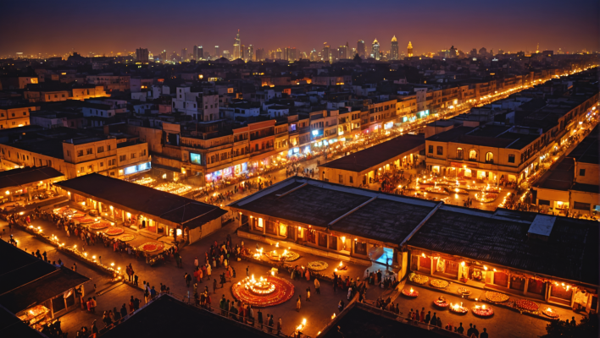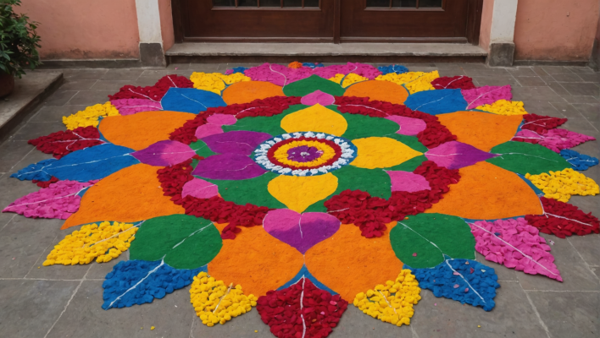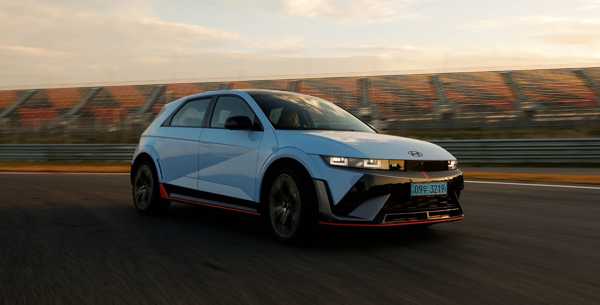What Is Diwali And How Is It Celebrated?
Diawi, from its full name “The Festival of Lights,” is the most general and widely celebrated festival not only in India but also in all Hindu communities all over the world. It is said to be more of a cultural celebration that ushers in the New Year for many communities, and marks the end of the harvest season. Its key themes include light, knowledge, and wealth—all represented through the lighting of oil lamps (diyas), the explosion of fireworks, and the meticulous decoration of homes.
Diawi, from its full name “The Festival of Lights,” is the most general and widely celebrated festival not only in India but also in all Hindu communities all over the world. It is said to be more of a cultural celebration that ushers in the New Year for many communities, and marks the end of the harvest season. Its key themes include light, knowledge, and wealth—all represented through the lighting of oil lamps (diyas), the explosion of fireworks, and the meticulous decoration of homes.
The festival serves as a reminder to devotees that light embodies wisdom while dispelling ignorance and negativity. During this time, the worship of Lakshmi, the goddess of wealth, reflects an aspiration for prosperity and harmony in life. In total, these rich symbols encourage individuals to embrace joy, peace, and a sense of unity while strengthening familial bonds during the festive period.

When is Diwali?
Diwali is celebrated on the 15th day of Kartika, the Hindu lunar calendar month, which usually falls between mid-October and mid-November. The variability of Diwali’s date stems from the lunar calendar’s dependence on the moon's phases. For instance, Diwali was observed on November 12, 2023, and was celebrated on November 1, 2024, showcasing the festival's shifting dates each year.
The timing of Diwali closely correlates with the conclusion of the harvest season in many regions of India, marking a time of gratitude and abundance. This aspect highlights both the cultural significance of new beginnings as farmers transition to winter crops and the festival’s intrinsic connection to the agricultural cycle. Celebrating the bounty of the harvest while commemorating the victory of light over darkness adds profound meaning to the festival’s timing.
How to Celebrate Diwali?
Diwali celebrations reverberate throughout India and within Indian communities worldwide, unfolding over several days filled with various vibrant rituals and communal gatherings. The festival kicks off with extensive cleaning and decorating of homes. Families believe that these preparations invite goddess Lakshmi—the deity of wealth and prosperity—into their households. This transforms homes into vibrant sanctuaries adorned with intricate rangoli patterns made from colored powders, rice, or flower petals, which contrast beautifully with the night sky.
As night falls, the cherished tradition of lighting lamps and candles, or diyas, takes the spotlight. These small earthen lamps are strategically placed outside homes and in windows, casting a warm glow that symbolizes hope and joy. Many regions also incorporate electric lights, enhancing the festive atmosphere. This illumination acts as a powerful testament to the enduring message of the festival: the triumph of light over darkness.
Community fireworks are another integral aspect of Diwali, lighting up the night sky with vibrant displays. The sound of firecrackers evokes a spirit of unity and excitement, as neighbors and families gather to celebrate together. In Punjab, impressive firework displays are a common sight, while urban gatherings often feature organized events that attract large crowds, reflecting the communal joy the festival inspires.
Moreover, regional nuances contribute to the rich tapestry of Diwali's experience. In Maharashtra, the day before Diwali is marked by the observance of Naraka Chaturdashi, celebrating the defeat of the demon Narakasura. In Bengal, the focus shifts to goddess Kali, with nighttime vigils and offerings further illustrating the festival's overarching themes of light and victory.
Globally, Diwali's resonating spirit reaches the Indian diaspora, inspiring vibrant celebrations in countries like Trinidad, Fiji, and the UK. These global festivities combine traditional practices with local customs, showcasing the festival's adaptability and unifying nature. During Diwali, the importance of family and community further flourishes as people unite to share meals, exchange gifts, and take part in various cultural events—amplifying the festival’s core essence of joy and togetherness.
Ultimately, Diwali transcends mere rituals to embody the warmth of familial ties and the spirit of community. The festival fosters an atmosphere of connectivity, allowing millions to experience a sense of belonging, making it a cherished celebration of life, hope, and the enduring power of light.

What Food is Eaten During Diwali?
Diwali is not just visually stunning; it is equally a sumptuous feast that brings together families and friends, with food at its core. Sweet dishes hold a special place in celebrations, with ladoos and barfis often being favorites. Ladoos, made from gram flour, ghee, and sugar, dissolve in the mouth, infused with the warm aromas of cardamom and roasted nuts. Barfis, available in various flavors such as rich pistachio or indulgent chocolate, provide harmonious blends of sweetness and texture that delight in every bite.
Savory items like samosas and chivda also play prominent roles in the culinary repertoire of Diwali. The crispy, golden samosas, filled with spiced potatoes and peas, balance perfectly with the sweetness of traditional desserts, their flaky edges delivering a satisfyingly crunchy experience. On the other hand, chivda, a spiced mix of flattened rice, peanuts, and raisins, releases an earthy scent that elevates any gathering, serving as an ideal snack amidst celebrations.
Food during Diwali transcends mere nourishment. It symbolizes unity and love, fostering connections among families and communities. The shared experience of preparing and relishing these dishes transforms kitchens into hubs of laughter and tradition, with enticing aromas drawing everyone into a communal feast. Through food, Diwali embodies its core essences of light, joy, and connection, bonding souls over every flavorful bite.







